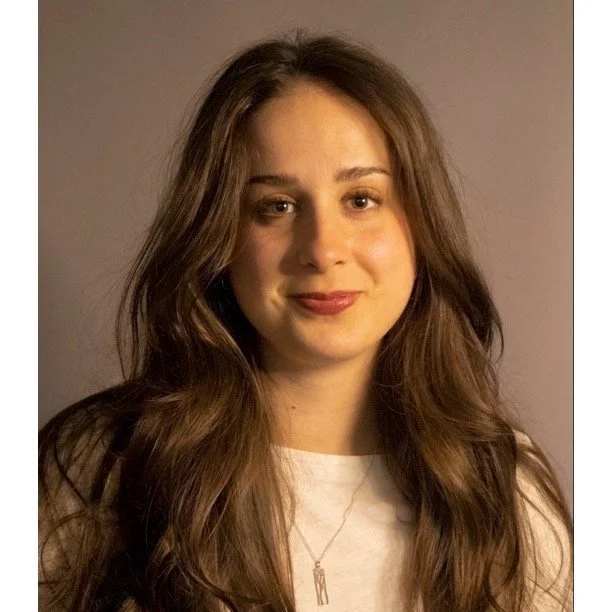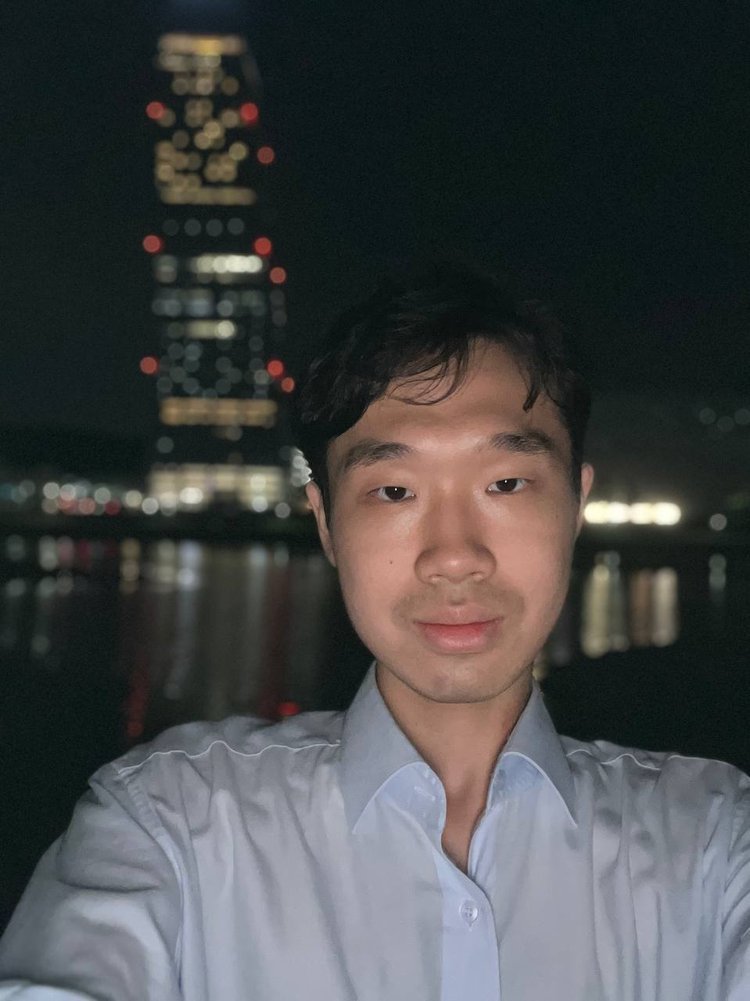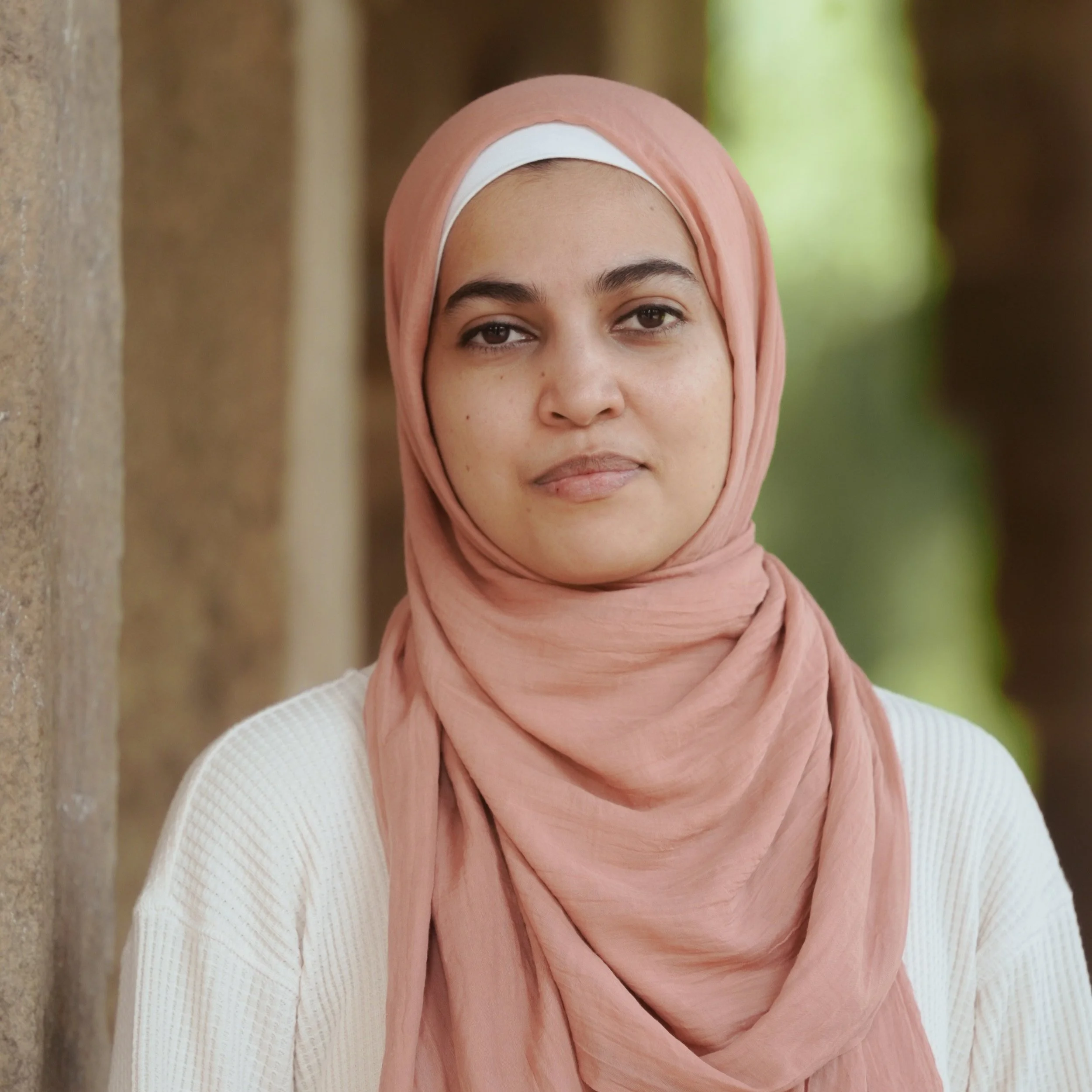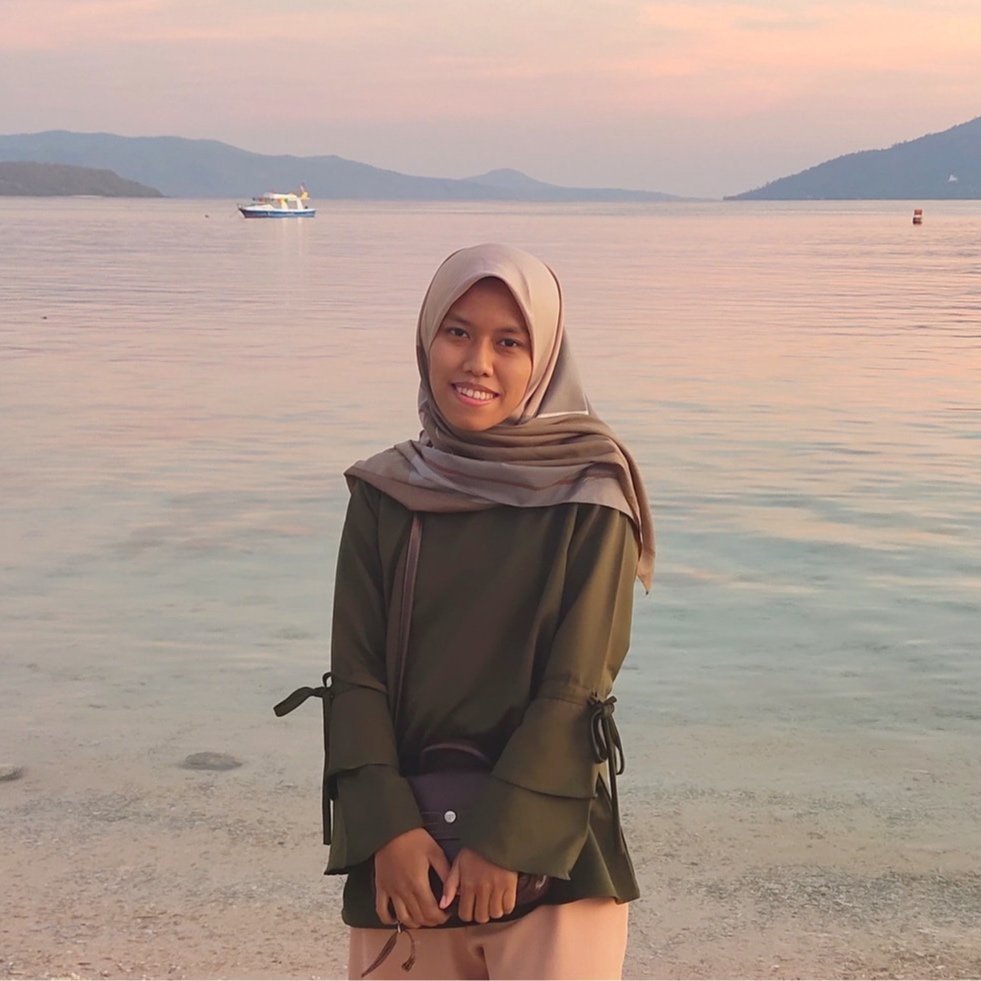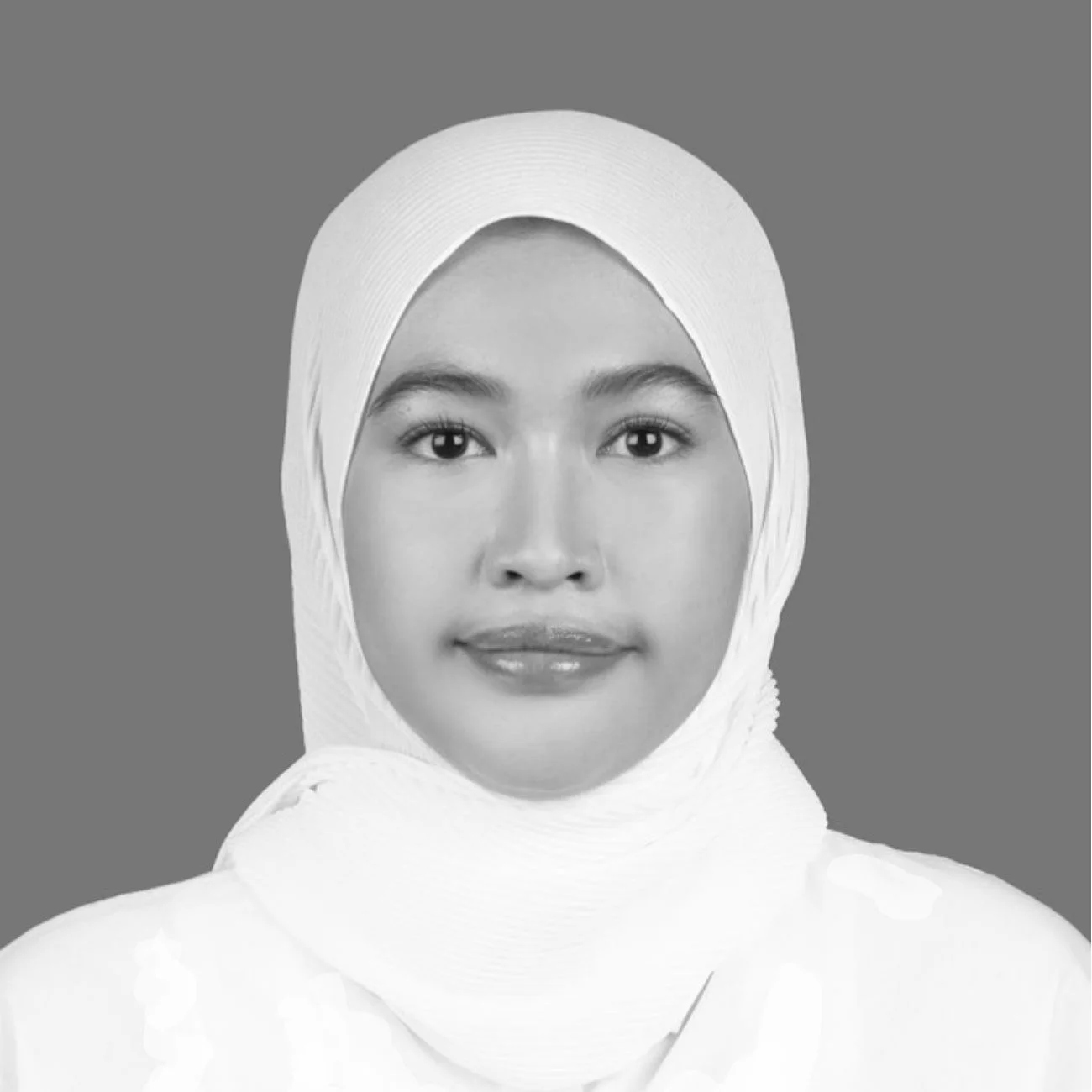Usman Khan is a Queer, Muslim, Pakistani-Canadian graduate from York University, Toronto. His undergraduate degree was a Specialized Honours BA in History where he focused on the intersection between the Middle East, religion, and gender and sexuality studies.
Motivated by his own experiences and observations of Queer Muslims and South Asian youth, Usman aspires to become a historical scholar, contributing to and expanding youth access to research in these areas. He combines rigorous research and theoretical background with his personal perspective as both an outsider and insider to the cultures he explores. With a northern Pakistani background and Canadian upbringing, Usman brings a unique skill set in languages such as English, Hindi, Urdu, and Punjabi, while further intending to soon include Farsi.
Usman's focus is on the region between Kabul and Delhi, specifically examining how Islam influenced gender and sexual norms during the later Delhi Sultanate and early Mughal Empire from the 14th to the 17th centuries.


